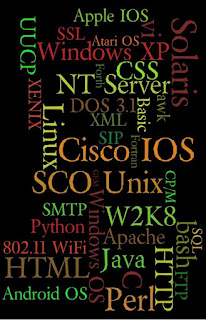Although it's not a technological earth shaker, this little amusement brought a smile to my face and maybe you'll enjoy it too.
The tool is something we found at defocus-blog and it allows you to tag the states where you've lived, those you've visited often, those you've just set foot in, and those you've never seen.
The color code is explained here although I modified the definitions slightly to match my experiences. My rules are:
Go see it here and generate the picture of your own travels.
The tool is something we found at defocus-blog and it allows you to tag the states where you've lived, those you've visited often, those you've just set foot in, and those you've never seen.
The color code is explained here although I modified the definitions slightly to match my experiences. My rules are:
- Green - Lived there and rented or owned property
- Blue - Visited often and probably worked there on contracts
- Amber - Been there repeatedly and probably stayed in hotel or with friends
- Red - Driven though, might have slept there once or twice
Go see it here and generate the picture of your own travels.









